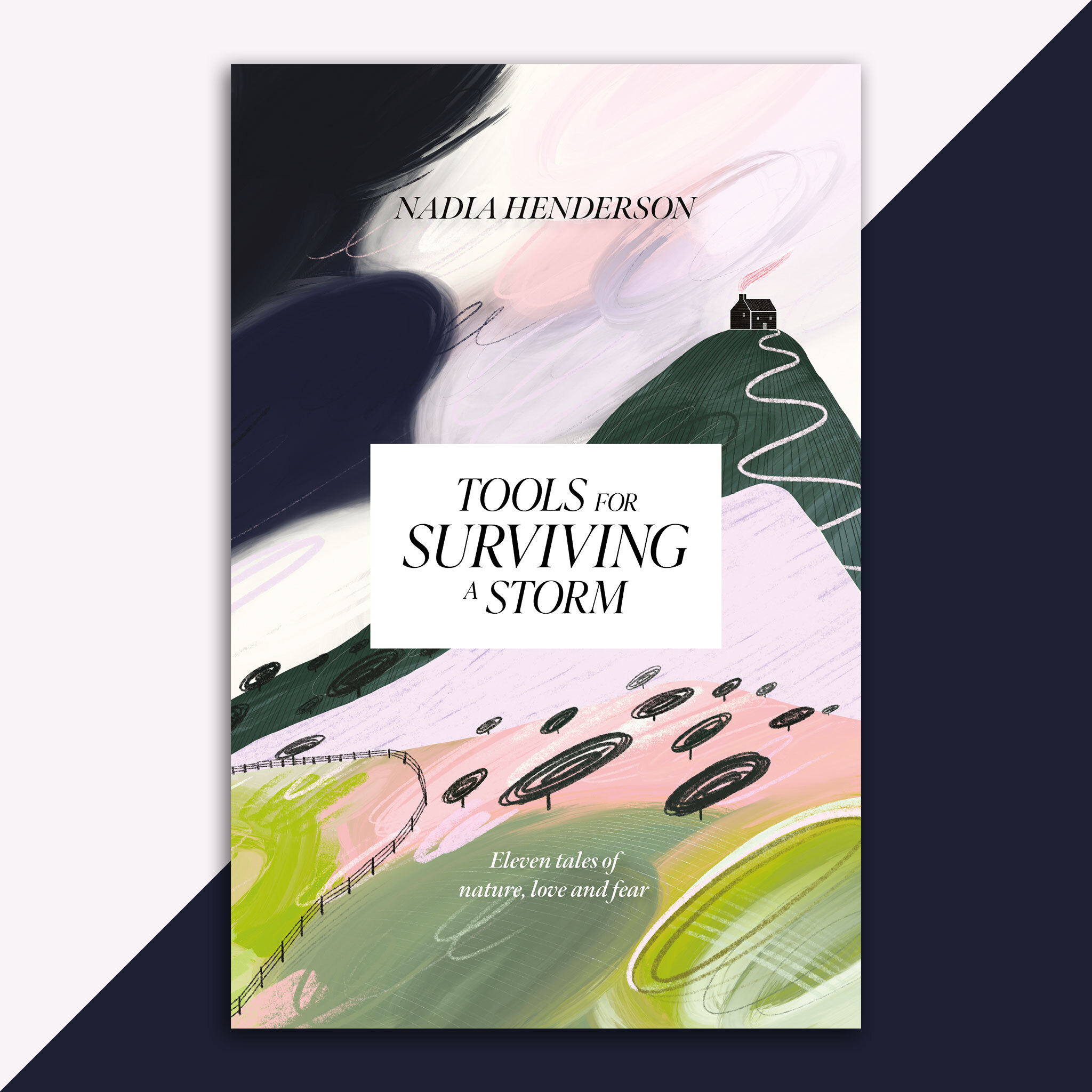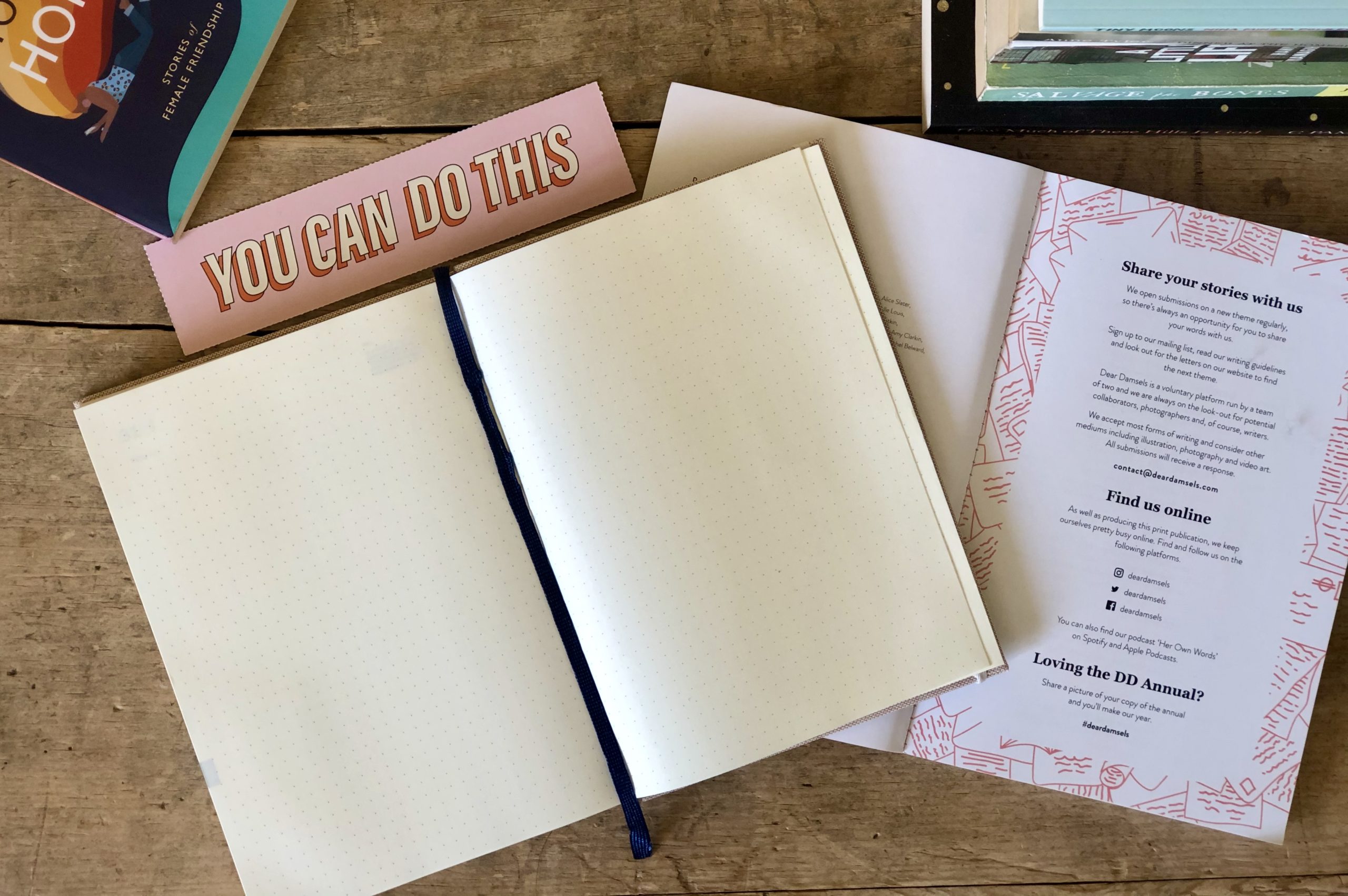Controlled Demolition
by Susie Dalton
People come and visit you and bring you nice things when you have a break-up. It’s like being sick. And the nicer the things they bring you, the kinder the things they say, the more you know they think you’re the one who’s lost something. Even if it was your choice – in this case, especially because it was your choice. A school friend in Australia organised for flowers to be delivered to the studio flat you’d moved to. A girl you used to work with, who you’d always had the suspicion secretly fancied Adam, texted to say
Just heard the news, hope you’re ok ? ?? xxx
You lift your phone, type out
NO ONE IS FUCKING DEAD, GEMMA.
just to see how it feels, before deleting it. What you actually replied was
Thanks hun, appreciate you getting in touch xx
Your thumb hovers over the emoji keyboard. A smiley face thrown in for good measure? They had to be carefully deployed. How many smiley faces were appropriate to exhibit when you break up with A Nice Man? Is there an official mourning period?
The difference between breaking up with A Man and A Nice Man is that, for the latter, you need receipts. You need to be able to make a watertight case for why you did what you did, especially to other women. You still don’t know what your official story is. So far you’ve tried out We Grew Apart (generally well received but a bit cliched), and We Wanted Different Things (which feels a bit more tangible, although often questions creep in regarding what those Things are). Neither of them are technically untrue. However, what you really want to say is I Don’t Really Know Why We Were Ever Together and I’ve Stopped Pretending, but that’s far too much about you. It’s more palatable for the general public if you can blame the break-up on some mysterious, malevolent force that pushed you firmly in opposite directions. Plates shifting and relationship foundations sliding out from under each other; a natural disaster. In reality, it was more of a controlled demolition of a defunct building.
Ending a relationship with A Nice Man takes a long time. You need to be absolutely sure you know what you’re doing. You had doubts from the earliest of days – hard to swallow now when you look back over the sheer amount of time between then and now – but you knew, with him being A Nice Man, the problem was more likely to be you. You ignore the tumbleweed in place of your sex life, the fact that he refers to himself as a genius without a hint of irony, his best friend who clicked his fingers at a waiter in Wetherspoons, that rape joke you heard him make to his friends when you were both still students. He comes from a nice family, he’s friendly and polite, he’s smart, handsome, and he’s going places. He would never cheat. The collective consensus was that he was one of the better ones, maybe one of the best. And he loves you. You’re what he’s looking for. Once again, the problem was more likely to be you. You placed each one of your doubts in the corner of your mind’s spare room. Your mother called at a point a few years in when you’d started to wobble. She said, ‘Be careful, you could end up with a real loser.’ You turned the light off in your mind’s spare room to avoid seeing the doubts, but you couldn’t help but notice how empty the other rooms looked now. The demolition deeds wrote themselves over the next couple of years.
“It’s more palatable for the general public if you can blame the break-up on some mysterious, malevolent force that pushed you firmly in opposite directions. Plates shifting and relationship foundations sliding out from under each other; a natural disaster. In reality, it was more of a controlled demolition of a defunct building.”
While this happened, you danced. Your touchstone has always been dance. You dance alone, to think, to feel, to play. You dance to whatever feels right that day; sweat collecting under your work clothes to high-energy electronica, body rolling in pyjama bottoms to R&B, fancying yourself a ballerina to throaty singer-songwriters. You’re definitely more of an enthusiastic amateur than a trained dancer, but throughout your whole life, nothing has had your back like dance does. Closing your childhood bedroom door on the sounds of your mother and brother arguing again, putting a CD in the player you’d inherited from your older sister before she left home and adjusting the volume to be loud enough to move to but not so loud as to attract the anger outside. Later you graduated to an MP3 player and tinny earphones, used to drown out the remnant sounds of school at the end of the day when you were pretty certain everyone else was asleep. Heart hammering, muscles moving, brain communicating in shapes and music rather than tangible thoughts. These last few years of living together you’d danced in the living room with the door closed but it never felt as good as when you knew he was out of the flat. That feeling of freedom, the loosening of limbs. The protest of a body moving in this way, in this space, when that body isn’t touched enough.
You hear your mother’s voice saying, ‘Why are you always looking for more?’ But you don’t want more, you want less. You want less of the act, the stamped-and-approved, the arriving as a unit, the two names all-one-word, the monthly visits to his family during which you’d catch his mother looking at you with delicate disdain. You want less of the fake orgasms, of throwing food away that he bought and didn’t eat, of sitting with his friends in the pub watching rugby, of writing birthday cards to his sister because he forgot. You want less of the staring at the back of someone’s sleeping head in bed, fists curled up and wanting to cry. You want to strip it all back so you can see yourself again.
The real friends, the ones who don’t think you’ve lost anything at all, went for dinner with you at your local on day one of you being single. No hushed tones, no doe eyes, minimal ‘mmm… mmmm, that’s so true’ while nodding sympathetically. Aside from a couple of hand squeezes, a few ‘how are you doing, babes’ and a ‘it’s good to have you back’, you don’t even talk about it that much, mostly because it wasn’t exactly news at this point – more like finishing the book you had been reading to them for the last eighteen months, a book that you had all guessed the ending of about three chapters in. They did buy your dinner though, because really when all’s said and done, it should be noted in some way. Here dies the woman in the relationship, faithful common-law wife, devotee, Woolf’s mirror, undersexed and evergreen, Edelweiss, clean and bright, her body rests here and gooooood lord here comes something emerging from the ashes. Six years of a slow smoulder inwards from the edges of your map, leaving you with little if you look at it one way, but undiscovered lands if you look at it from another.
And now you’re back in the unfamiliar four walls of your new flat, tummy rounded from two pints and the mac-and-cheese special. You can hear a couple in the flat downstairs arguing, a low rolling thunder meeting the forked lightning of another. A large, bright blue suitcase and three cardboard boxes labelled KITCHEN STUFF, BOOKS, and BEDROOM/OTHER STUFF respectively are the only witnesses as you connect your headphones to your phone before lifting them to your ears. You press play.






